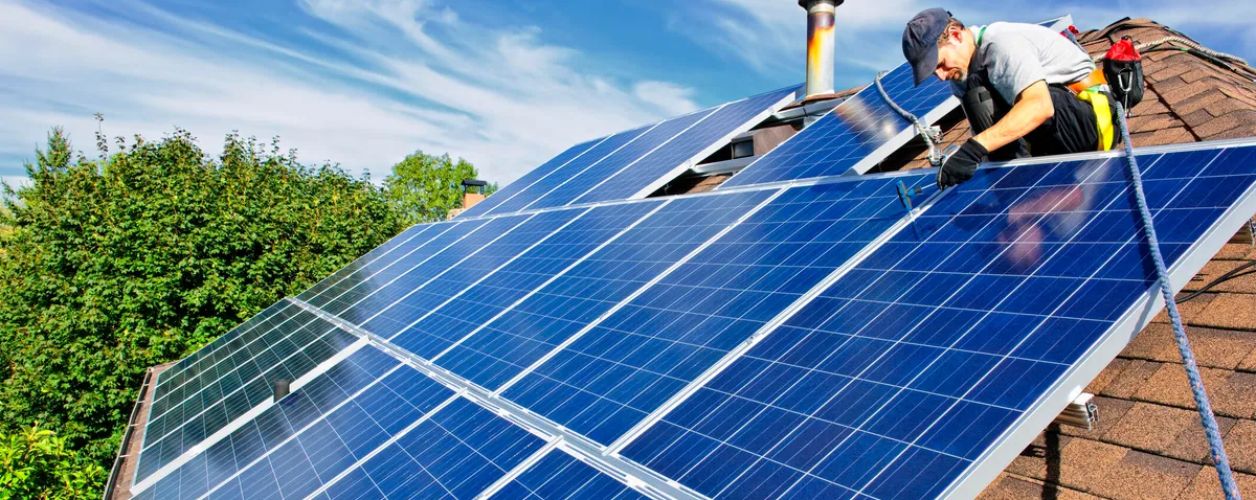
Get free quotes
-
Categories
← BackPopular
- Locksmith
- Plasterer
- Concreters
- Bathroom Renovators
- Landscapers
- Builders
- Roofing Contractors
- Glaziers
- Pavers
- Arborists
- Doors Installation
- Guttering
- Roof Repair
- Flooring
- Kitchen Renovators
- Retaining Wall Builders
- Wallpaperers
- Draftsman
- Decking
- Floor Sanding and Polishing Services
- Pergola Builders
- Vehicle Transport Services
- Security Screens and Doors
- Home Automation and Security
- Get free quotes
- Login
- Register Business




